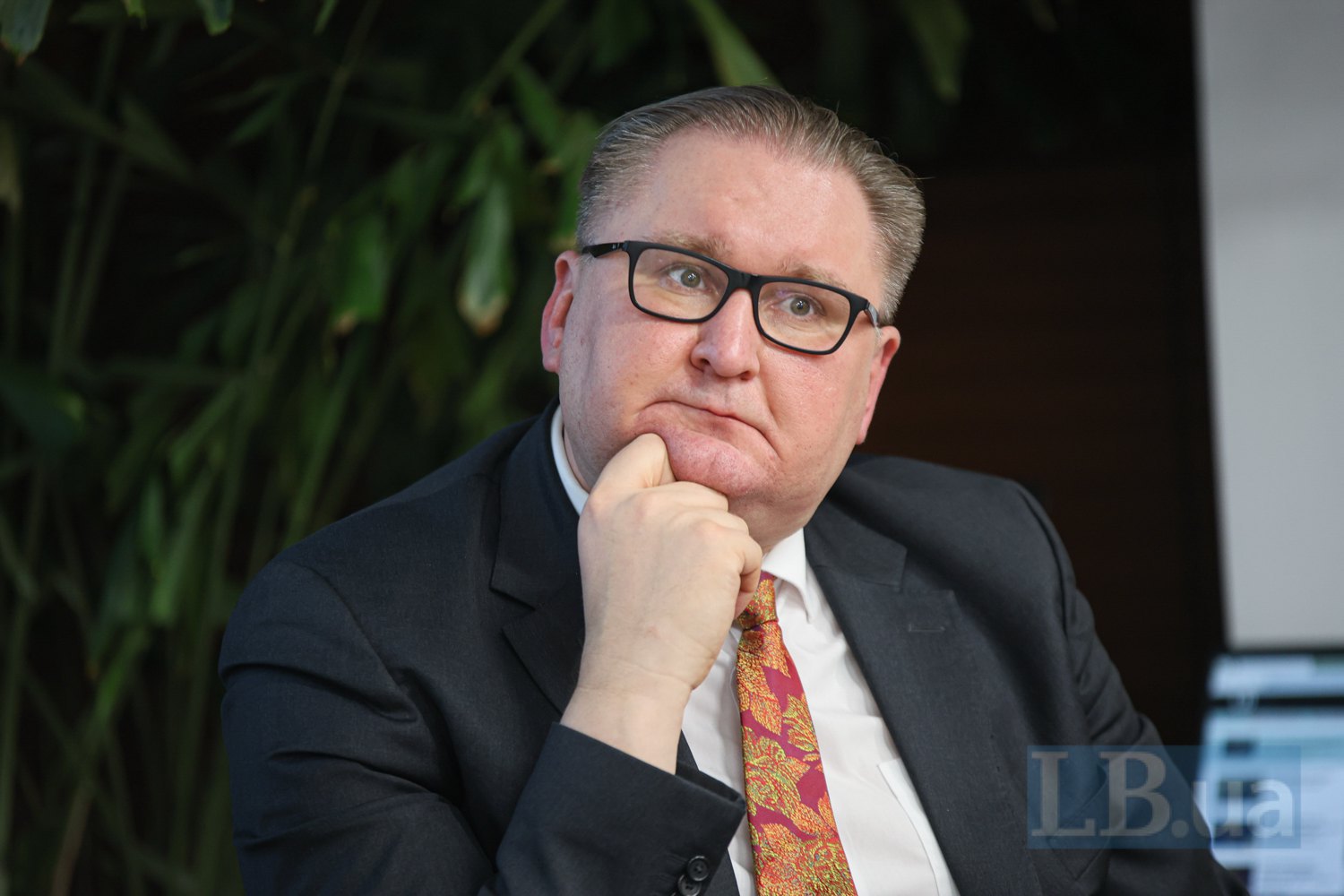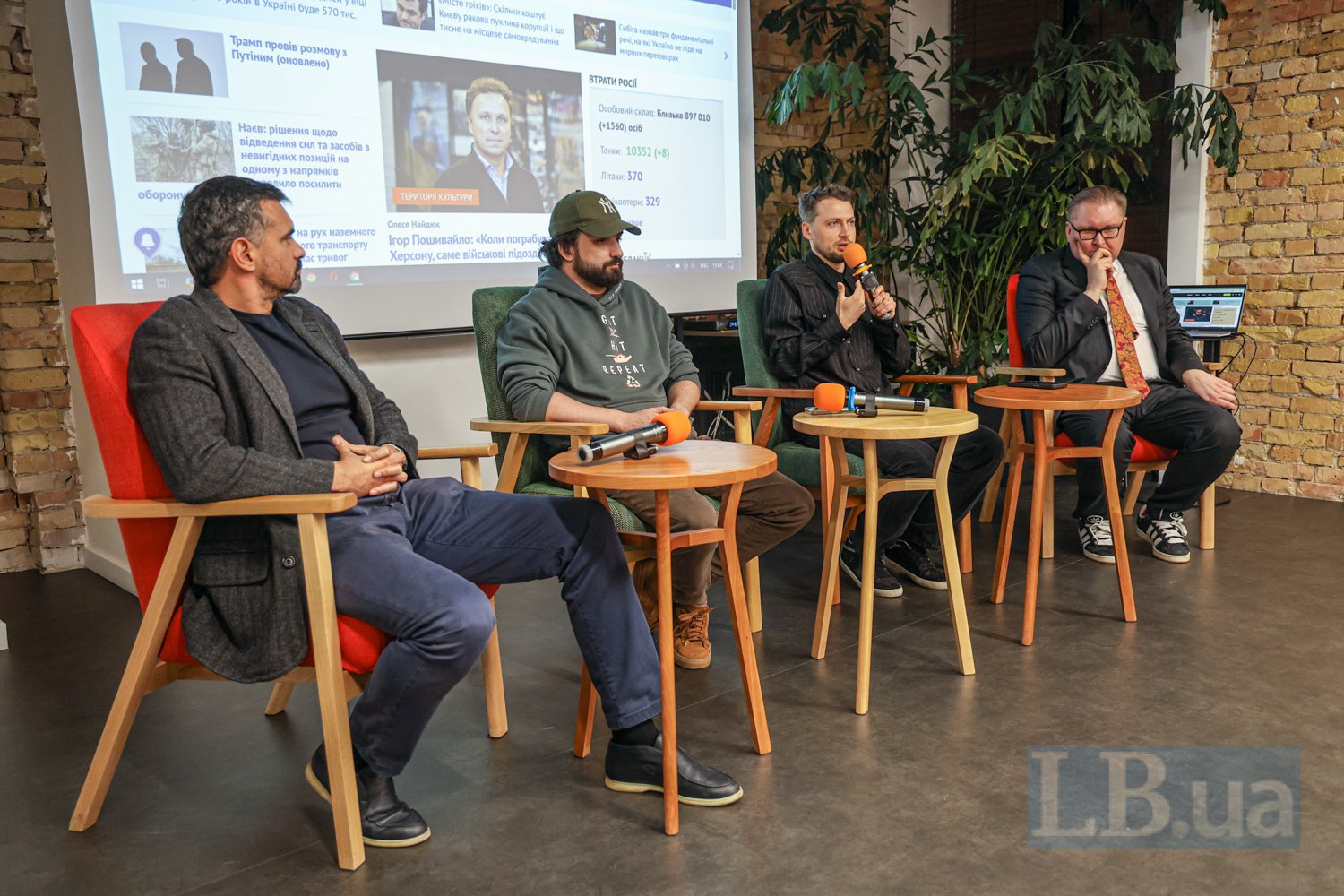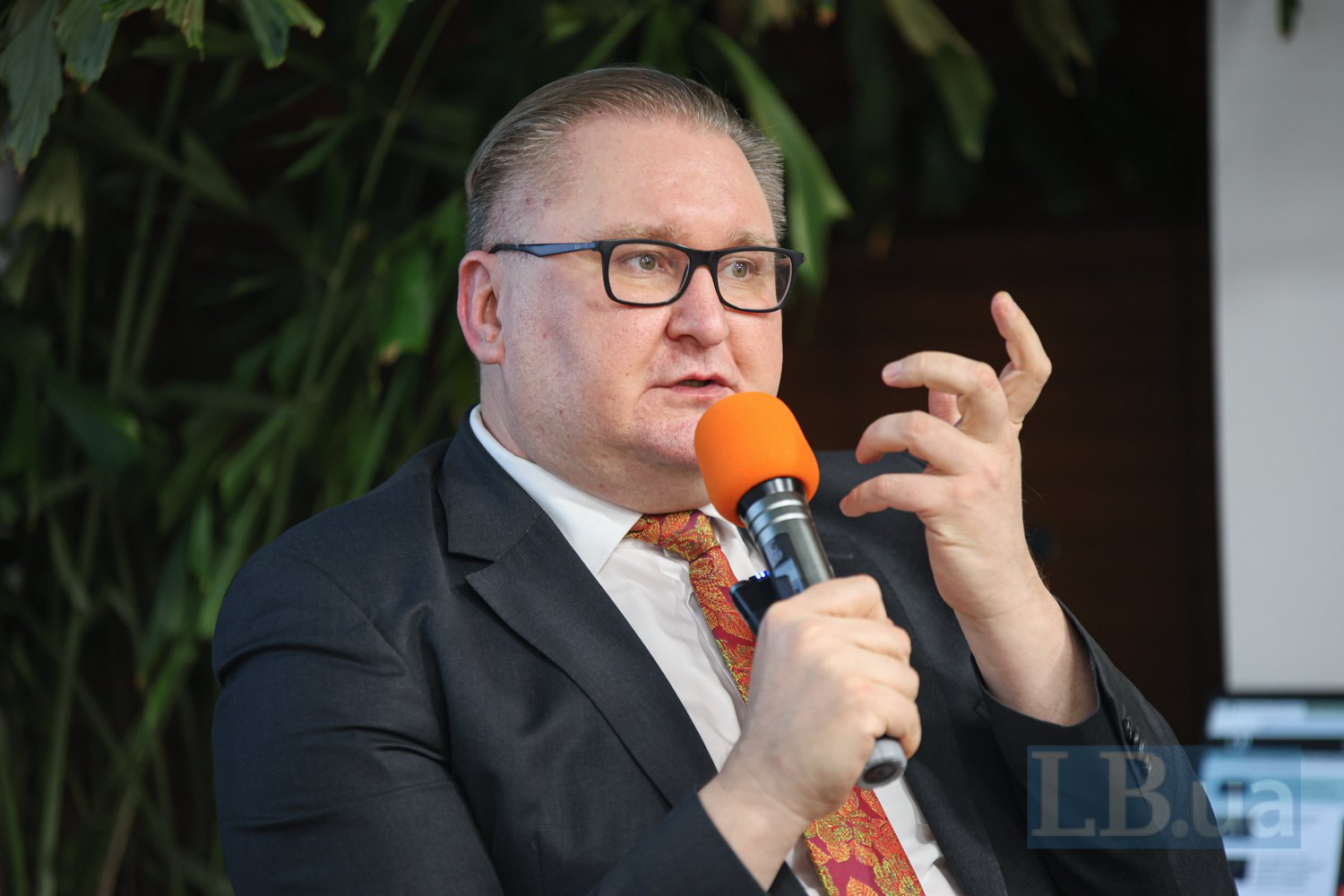
However, in his view, the fact that such public criticism is possible indicates that the right processes are taking place in Ukraine.
“All these questions about the tax burden are directed at any government. It doesn’t matter who is in power – past, present, or future. The fact that businesses and society are questioning the government means they are engaged and interested in its actions.
We have a situation where our public legal order, our Constitution, is protected in all aspects – including how businesses communicate with the government, which they do by constantly criticising it. We raise these regulatory issues with the authorities, and this is a good thing. It shows that Ukrainian society is consolidating and engaging in democratic discussion,” Kachka said.
He emphasised that such criticism is not meant to discredit anyone but rather to help determine the way forward.
“The fact that no one is entirely satisfied is normal – it signifies a democratic society. From this perspective, any model can be defended, but the key question is where we are headed.
And in my view, it’s not just the government but all of us as a society, including the business community, who are moving in the right direction. Even during the war, we have survived – businesses have survived. The state was not an obstacle but rather a helpful force. We moved away from total administrative regulation of the economy and instead relied on coordination and dialogue, even in wartime. This is the experience we should build upon,” the Deputy Minister stressed.
Taras Kachka also noted that when discussing taxes, we should consider that in 1993, salaries in Ukraine were still paid from net profit – an inherited practice from the USSR’s planned economy. At that time, companies first paid income tax, and only then were salaries distributed.
“Compared to 1993, we are having a more or less modern discussion for 2025. However, the state still has a legitimate interest in collecting the taxes it expects. Whether this interest is exercised effectively or inefficiently is a major debate, but it is something we must take into account,” said the Ministry of Economy representative. He added that discussions about tax rates should always consider the expenditure side of the budget.
That is why, according to Taras Kachka, tax liberalisation often results in a situation where the more benefits one industry receives, the greater the tax burden placed on another.
“I agree that there should be some kind of big bet – like political gambling. I believe in something, so I act on it. Some people believe in positive incentives, others in restrictive measures. Some advocate for city taxes, while President Trump believed in tariffs. I believe that Ukrainian businesses will start paying more taxes if they are granted greater freedom. However, sometimes this requires a level of courage that demands additional diplomatic protection from our financial partners,” the official said.

Today, he believes, the trend in tax policy is towards transparency, and this trend must be expanded and scaled up.
“There are different perspectives on what transparency means. Each sector has its own definition – digitalisation, simplified rules, or something else. Even if the result does not fully satisfy everyone, the direction has been set.
For example, for a long time, I was not particularly happy with the export guarantee we introduced in the value-added tax system for grain. Perhaps it creates an additional administrative burden for exporters, but it also increases transparency in the grain market. That is why such measures are sometimes necessary,” Kachka explained.
He added that there is an ongoing debate about whether the state should intervene in determining fair pricing, particularly in regulating grain market taxation. While the deputy minister leans toward a more liberal approach, he acknowledges the issue of artificially lowering export prices to move currency abroad, which encourages such interventions.
Taras Kachka also recognises the need for substantive discussion on the introduction of a tax on withdrawn capital (which is currently optional for Diia.City residents), as well as reforms to the personal income tax system.
“We really need to reform personal income tax. Why? In the food industry, there is always the issue of whether people selling nuts or berries from their gardens have paid personal income tax. This creates ongoing pressure and constant debate over its legitimacy. I am confident that we will resolve this,” he concluded.
To fully unleash the entrepreneurial potential of all Ukrainians, we must make it clear that whether someone is a de jure individual entrepreneur or simply an individual, they should feel comfortable doing business – as an individual. If we reform personal income tax to the point where its administration aligns with that of individual entrepreneurs, it will benefit even the medical field. A doctor or surgeon working in a municipal hospital, for instance, could also operate privately and easily pay the same 5% tax without registering as an individual entrepreneur. This is something I am confident can be achieved,” said Kachka.
He emphasised that none of the proposed ideas for reforming the tax burden have been dismissed. However, he does not believe that this policy can be reformed overnight or at a rapid pace.
“Change does not happen in a single day. Even in political philosophy, there is a rare discussion in the history of Western countries about moments when a tax system can be radically transformed. More often, it undergoes gradual improvements, step by step.
Our tax system is not entirely bad, just not ideal. But many outdated elements from the Soviet era remain, and they need to be removed year by year. The British, for example, adjust their taxes annually along with the budget. If they need to raise rents to fund healthcare, they do so. If there is a consensus on tax cuts and spending reductions, they implement them,” explained the Ministry of Economy representative.
At the same time, he urged people to remember that Ukraine is a large and diverse country. While discussions about the digital economy and MilTech are important, we must not forget about communities that may rely on something as fundamental as a vocational school for stability. Striking the right balance is essential.
“But we have one persistent force – not an internal enemy, per se, but an obstacle to the normal development of entrepreneurship and bold reforms. I am not even referring to the Criminal Code or the Criminal Procedure Code, but rather to the scientific and practical commentary on the Criminal Code. It would be useful for experts to examine the section that teaches investigators, from various perspectives, that entrepreneurship is inherently problematic.
We talk about the Constitution, freedom, and economic development, but there is also the reality of day-to-day legal interpretation. What is the underlying logic of criminal law? If I prevent the state from making money, I am a criminal because I have allowed business to profit. If business makes money, then business itself is a criminal. There will always be a legal angle in which you are at fault,” the Ministry of Economy representative emphasised.

Despite these challenges, he believes Ukraine is moving in the right direction.
“This is my observation of our society’s development, and I genuinely like what I see. It’s exciting. That is why I find it difficult to sustain this discussion today – every time we resolve one argument, another issue arises. But this mix of ideas, this ‘vinaigrette,’ is our economy and our society. If we can still generate positive outcomes from such debates, that is the progress and development we are striving for.
It is not always a purely technocratic process, as we might wish. Many aspects of the economy and commerce – such as trust and justice – are more humanitarian in nature. We need to seek them out, but we must do so through structured, technocratic steps, which we are already taking.
We want to take more steps, but we also need to understand the importance of moving forward gradually. That is the reality. Change cannot happen all at once. For the state to evolve, each of us must change as well,” Taras Kachka concluded.








